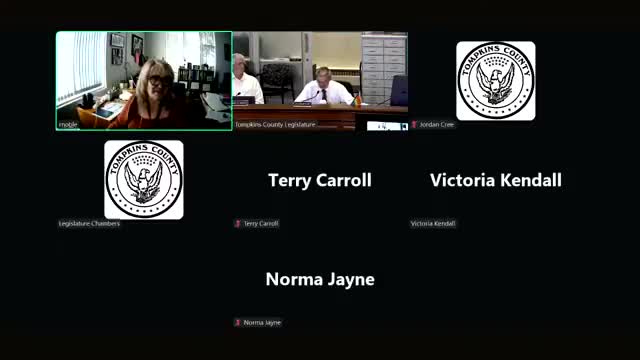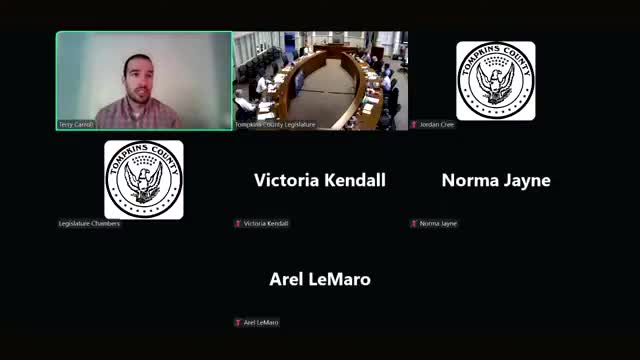Article not found
This article is no longer available. But don't worry—we've gathered other articles that discuss the same topic.

County reports progress readying Cherry Street site for Code Blue season; tenant cooperation helps schedule work

Public commenter urges county to reconsider ‘build new’ approach for Center of Government project

Committee approves one‑year lease for off‑street lot to add about 64 employee parking spaces

Facilities director outlines multi‑year capital backlog; committee warned $700,000 annual allocation is insufficient

